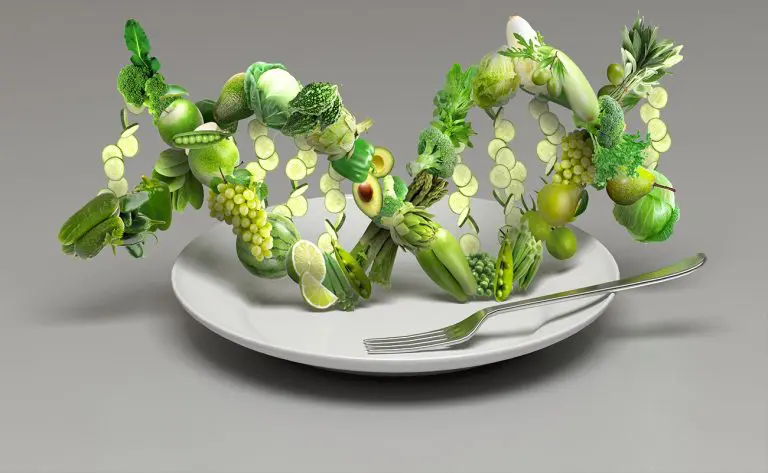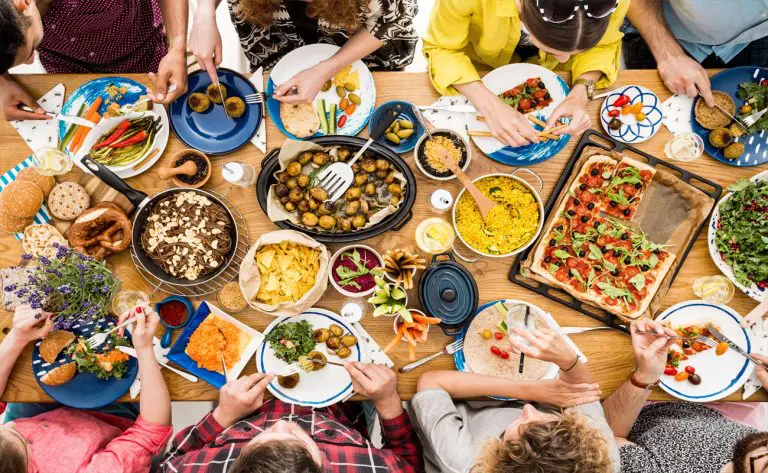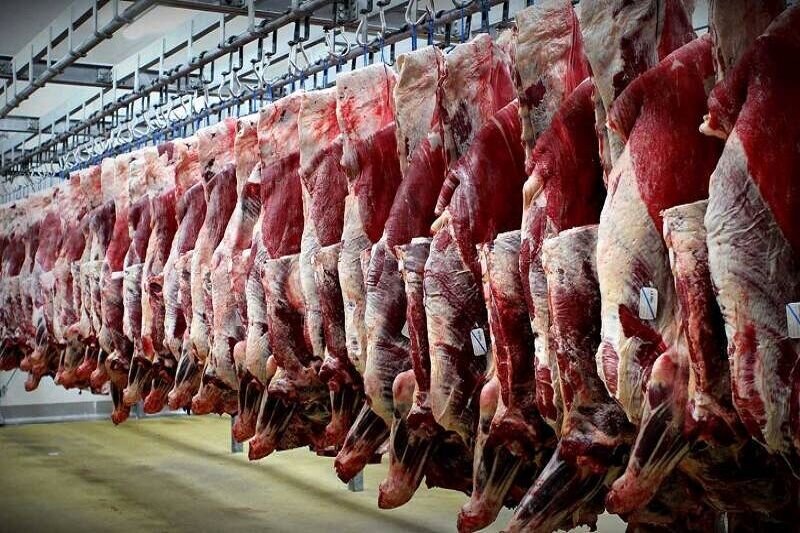In the age of climate urgency, widespread chronic disease, and unprecedented environmental degradation, many of us are asking hard questions. What kind of future are we building? And how do our everyday choices—particularly what we put on our plates—affect the world around us?
It turns out, what we eat has a profound impact not just on our own bodies, but on the animals we share the planet with, and the ecosystems that support all life.
Let’s explore how our current food system—centered on industrial animal agriculture—is contributing to some of the most serious crises of our time, and how a shift toward a plant-based diet can offer hope, healing, and meaningful change.

🐖 The Reality of Factory Farming: Animals as Commodities
Most people imagine animals raised for food living on traditional farms with green pastures and sunshine. In reality, the majority of meat, dairy, and eggs consumed today come from factory farms—industrial facilities where animals are treated as units of production, not sentient beings.
- Pigs, known for their intelligence and social nature, are often kept in crates so small they cannot turn around. Their tails are cut off without anesthesia to prevent stress-induced biting.
- Chickens, both for meat and eggs, endure overcrowding, debeaking, and accelerated growth that causes lameness and organ failure.
- Cows and calves, especially in the dairy industry, are forcibly impregnated, separated from their young, and milked until they collapse. Male calves are often slaughtered for veal.
- Fish, though rarely discussed, are subjected to painful conditions in aquaculture systems and are often slaughtered without stunning.
Science is clear: animals feel pain, fear, and distress. Their suffering is real.
➤ Learn more about Animal Sentience

🩺 A Public Health Wake-Up Call: The Human Cost of Animal-Based Diets
Beyond ethical concerns, consuming meat, dairy, and eggs comes at a serious health cost. Industrially produced animal products are linked to a number of chronic diseases that continue to rise worldwide.
- Processed meats are classified by the WHO as carcinogenic, increasing the risk of colorectal cancer.
- Red meat is associated with heart disease, stroke, type 2 diabetes, and obesity.
- Dairy products, high in saturated fat and hormones, contribute to hormonal imbalances and increased cancer risks.
A plant-based diet, on the other hand, has been proven to:
✅ Lower blood pressure and cholesterol
✅ Reduce the risk of cardiovascular disease
✅ Support healthy body weight and insulin sensitivity
✅ Improve digestion and gut microbiome health
➤ Discover the Health Benefits of Veganism
➤ Explore Public Health Concerns
In short, switching to plant-based eating is not only safer—it’s smarter for your long-term wellbeing.
🌱 The Planet Can’t Sustain Our Appetite for Animal Products
The environmental footprint of animal agriculture is staggering. Despite representing a minority of our food calories, livestock takes up the majority of farmland, consumes massive resources, and drives ecological destruction.
- Livestock contributes 14.5% of global greenhouse gas emissions, more than all transportation combined.
- Forests are cleared to grow soy not for people, but for animal feed.
- Manure runoff and antibiotics pollute rivers, oceans, and soil.
- Enormous water use: It takes over 15,000 liters of water to produce just 1 kg of beef.
➤ Environmental Damage from Animal Agriculture
➤ Climate Change and Emissions
A shift to a plant-based food system could reduce emissions, restore biodiversity, and secure food for future generations.

🧠 Beyond Diet: Ethical and Psychological Considerations
The consumption of animals raises deep moral questions: Why do we love some animals as pets but eat others without question? Why are we disturbed by violence against dogs but tolerate the suffering of pigs, cows, and chickens?
This dissonance creates a phenomenon known as “carnism”—the invisible belief system that conditions us to see certain animals as food. Breaking free from this mindset allows us to live in closer alignment with our values of compassion and justice.
➤ Read about Ethical Considerations
➤ Explore the Human-Animal Relationship
🍽 How to Begin the Transition
The idea of going vegan can feel overwhelming—but it doesn’t have to be. Start small and grow naturally:
- Replace dairy with oat, almond, or soy milk.
- Try plant-based meats or create your own from beans and lentils.
- Learn how to cook balanced meals with whole, nourishing ingredients.
You’re not alone. Millions of people around the world are making the change — not for perfection, but for progress.
✅ Conclusion: A Kinder Plate for a Better World
Our food choices shape the world. Each time we eat, we can choose suffering—or compassion. Disease—or vitality. Destruction—or sustainability. Learn more : https://cruelty.farm
A plant-based lifestyle is more than a diet. It’s a philosophy rooted in empathy, reason, and responsibility. And it just might be one of the most impactful decisions you’ll ever make — for yourself, for the animals, and for the only planet we have.
Let’s stop asking why go vegan — and start asking why not?










